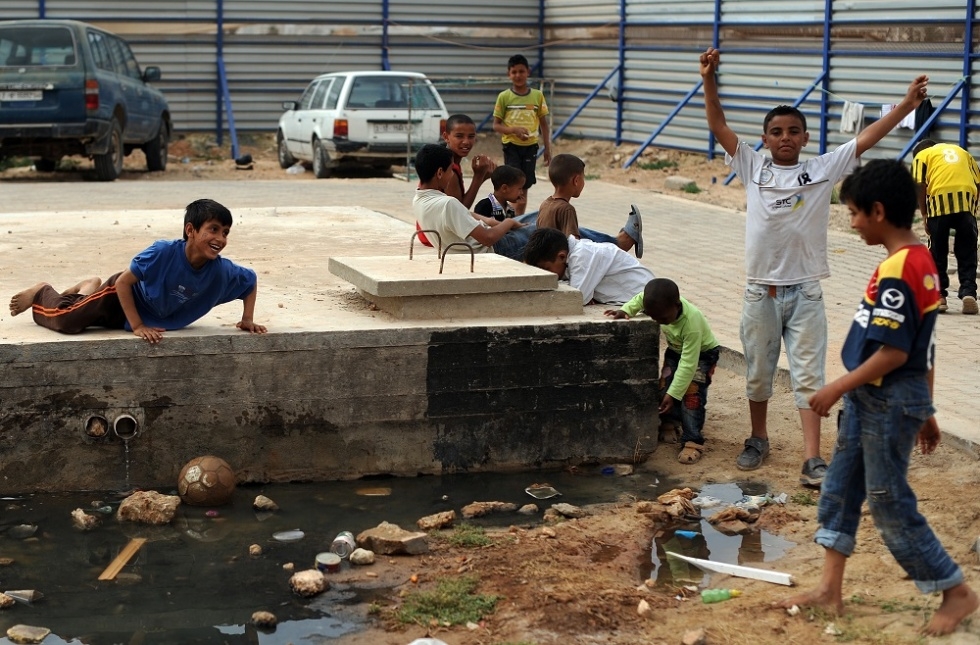UNHCR spokesman Adrian Edwards told reporters that some 100,000 people had fled over the past three weeks from Warshefana, on the outskirts of the capital Tripoli.
Another 15,000 people were estimated to have been displaced around Libya's eastern city of Benghazi, he said.
The oil-rich North African nation of some six million peopla has been in turmoil since an uprising toppled longtime leader Moamer Gaddafi three years ago, with interim authorities facing powerful militias that fought to oust him.
A total of some 287,000 people are estimated to have fled conflict and are scattered in 29 towns and cities countrywide, many of them in dire straits, he said.
"The need for healthcare, food, and other basic commodities - plus for shelter ahead of winter - has become critical," said Edwards.
He said aid agencies were working flat out to help those in need but faced "major constraints in funding for the internally displaced, while the security situation over recent months has posed challenges in reaching those in need."
Most displaced people are living with locals who in some cases have opened their homes to several families at a time to meet the growing need for shelter, Edwards said.
Those unable to stay with relatives or host families were sleeping in schools, parks and non-residential buildings converted into emergency shelters.
Host communities were finding themselves swamped, Edwards said, giving the example of the small town of Ajaylat, some 80 kilometres west of Tripoli.
The community of around 100,000 people had taken in 16,000 more who fled fighting, placing a massive strain on health facilities.
"As well as the impact on the local population, the fighting is also affecting refugees, asylum-seekers, and migrants in Libya - many of them from Middle Eastern countries and Sub-Saharan Africa," Edwards noted.
Lawlessness and spiralling food prices have made some of them desperate to leave.
"Libya's policy of detaining refugees and migrants has pushed many to put their lives in the hands of smugglers to try to get to Europe," said Edwards.
The majority of the more than 165,000 people who have arrived on Europe's shores so far this year, risking their lives to cross the Mediterranean, came from Libya.
Half of those leaving Libya were from war-torn Syria or people escaping the ironfisted regime in Eritrea.


